How is the life and mindset of a scheduled tribe in Karanataka?
The first thing that comes across our mind when we speak about scheduled tribes is a reservation category. Bred and reared in cities, most of us are hardly aware of how the life or the mindset of a scheduled tribe person is.
Most of the scheduled tribe people are allocated in pockets close to the villages. The reason they tend to stay outside of the mainstream areas is that they are looked down at. Our culture has quite a bit of casteism making it hard for the lives of people who belong to these lower categories.
What exactly is the mentality of these people who are looked down upon and made to reside outside the village premise?
In my all-India cycle touring journey, I came across a small village situated at the base of the Himad Gopalswami hills in Karnataka. With the help of a local, I was able to access remote areas and meet people from around the village.
One very unique person I got to meet was a scheduled tribe living just outside the village, going by the name Chowdiah. I was offered an introduction saying the individual had worked all his life to earn not just a living but be able to also build a house, buy some land, buy a tractor, and earn immense respect.
Luckily I got to meet Chowdiah and have many of my questions addressed.
Table of Contents
ToggleHow is the life of a scheduled tribe in Karnataka?
Most of the scheduled tribals live outside the village and work as labours for other well-off villagers at their farms. They are offered breakfast, lunch and around 500 rupees a day salary for their labour work from 9 AM to 5 PM. Many tend to live for the day and expound all their money for looking after their respective families. Many even work to be able to consume alcohol.
A small space in a locality close to the village is usually offered by the government. The major idea behind this being to relocate them from forest to cities so that people can be cut off from the forests completely. The government also carries out inspections and offers them monthly rations and other related subsidies. Most of these localities have no proper road that leads to them.
When we think about a scheduled tribe community, the first image that may come up to our minds is of small congested houses with lack of cleanliness. Surprisingly that is not the case at all. Many of these people although live in small houses, keep their location clean and tidy. Have fencing made of plants and follow rituals of their own. However, most of these people almost live in a food-to-mouth manner.
Do all the scheduled tribe people live food to mouth?
If one is forced to work as daily labour from morning till evening, sustaining with just enough money to maintain the family, they must live food to mouth! Education is almost out of the picture. Why do we complain when these people are offered reservations?
Of the many people who live food-to-mouth, certain people figure out the way life works and get out of it. Mr. Chowdiah is one such person.
Chowdiah realized early on in his life that he wanted to lead a life similar to the other villagers. One of farming. He developed an interest in farming when he worked in the fields of other farmers from the village when he was just 10 – 12 years young. He lived a life of daily wage for 25 years following which he pulled back.
An example of how to have a life of your own as a scheduled tribe
When Chowdiah lost his parents, he relocated outside the village premise and married a woman. He continues to thank her to date for the person he has turned out to be. He said that she walked foot to foot with him in all his ideologies.
Chowdiah started saving on each penny he earned. He ate little food, wore few clothes, and never invested in anything else. His wife would join him in his duties and help him save money. Finally, with whatever money he could save up over 5 years, he invested in farmland. From there on, there was no looking back as he continued to earn and save up more money. His materialistic desires were close to none.
As a person starting penniless, he has been able to buy 8.5 acres of farmland, cultivate crops that earn him money, purchase a tractor, a Tata ace vehicle for transport, and build a house with his own money. And all of that without taking a penny loan! When I asked him how he did all this without taking a loan, he said he feels scared of being indebted to anybody. Such is his mindset from his upbringing.
Chowdiah has also given away 4 acres of his land for somebody in need. The land is used to grow crops and earn money for the person in need, while the land still belongs to Chowdiah.
On being asked how he raised money to be able to construct the house, Chowdiah said that he would stand there throughout the construction and aid them in the process. He would get the raw materials like sand and cement himself, on his bullock cart. He would also lay out the bricks and stones for the construction worker to build the house. With the help of his wife, he even prepared bricks by burning mud himself.
Today, Chowdiah can comfortably invest in a luxurious car, but he refrains from doing so. He still holds onto his principles of not investing in anything unnecessarily. When I told him that a car is not unnecessary now that he is 78 years old, he said he does not want to display pride.
Many of the villagers whom he worked for may perhaps feel dejected when they saw him riding a car. Dejected that they could not achieve what he could. He didn’t want to see that happening is what he said!
It was clear, Chowdiah has a heart of gold.
I quickly took the opportunity to ask further questions to understand the mentality of an individual who has worked all his life to achieve glory and yet, stay grounded.
Justification
I asked Mr. Chowdiah, why he has done everything he has. Why was it that he wanted to see himself achieve so much? His answers were clear and concise. He said he enjoyed farming to begin with. He could spend time at his farm all his life. Secondly, he wanted to be equal with the villagers. He didn’t want to be the person who would work for anyone else. He wanted to be able to work for himself. He said, “If God has given me everything that he has given everyone else, why shouldn’t I be like everyone else?”. Being a part of the society as a respected individual was his second strongest justification.
Validation
I asked Mr. Chowdiah how he spends his spare time. Chowdiah simply replied saying he does not waste a single minute ever. If he gets 30 minutes of free time, he would simply go to his fields and do some work or plan for the next day. On the way back home, he would visit some of his friends.
When I asked him why he would visit his friends, he said he had intentions to know what others were up to. He said it would turn out as an opportunity for him to learn from them so that he could implement it in his work efficiently. He is a person who sticks around with a group to learn from the group.
Complaints
When asked if he has any complaints in his life, he said that he has one. Only one! Which is that he is finding it hard to help his children walk in his path. He said that it is hard for not just his kids but also the society to understand him. Most of them condemn him for his miserliness but fail to see the effort behind his results. Leaving that apart, Chowdiah said he has absolutely no other complaints in his life whatsoever.
Materialism
What if he was given 10 rupees or 1 crore rupees? In both cases, the answer was the same. Chowdiah would simply store that money for tomorrow, think about how efficiently it can be invested and invest in the same.
This raised another interesting question. All of us have spent money on unnecessary materials in our lives multiple times. How many times have we thought that buying that one item we wanted would make us happy and purchase the same? Look around yourself. How many things have you invested in, that you do not use anymore?
Has Chowdiah ever invested in anything all his life that he felt was useless? He thought for a while and said that he can’t think of any! Materialism didn’t appeal to him one little bit. His possessions are simply the ones that would help him in being able to farm better.
Life is not easy as a scheduled tribe. It is easy for us to overlook how hard life could be at times. Mr. Chowdiah’s life is a living example of how one can approach life. If work is worship, there is no time for one to complain about anything.
The next time we see a scheduled tribe person, perhaps we can listen to their story and be a little more considerate towards them.
To know more on the issues of caste-based system in Karnataka, read this article.
For more of these articles, kindly head to the homepage and subscribe to my articles.
I am a 31 year young PhD graduate who has decided to travel the length and breadth of India on my cycle, to document the journey of meeting a vast array of people. In my journey, I intend to understand the characteristic features of the people of this nation and categorize them based on their demographics, age, profession, gender, traditions, and cultural differences.
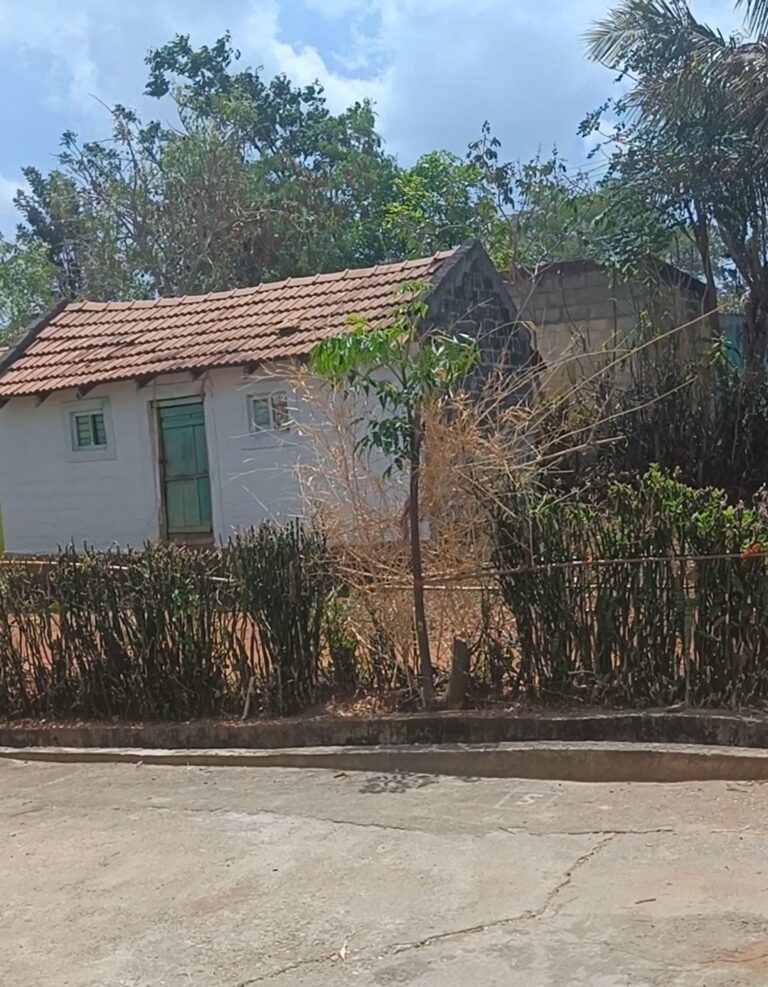
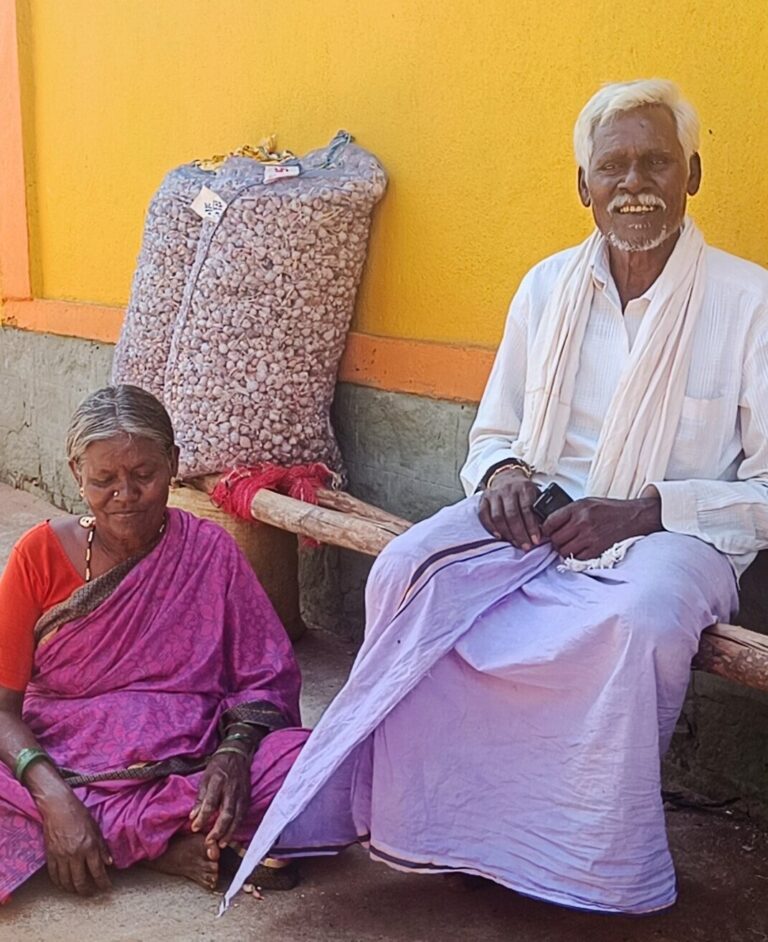
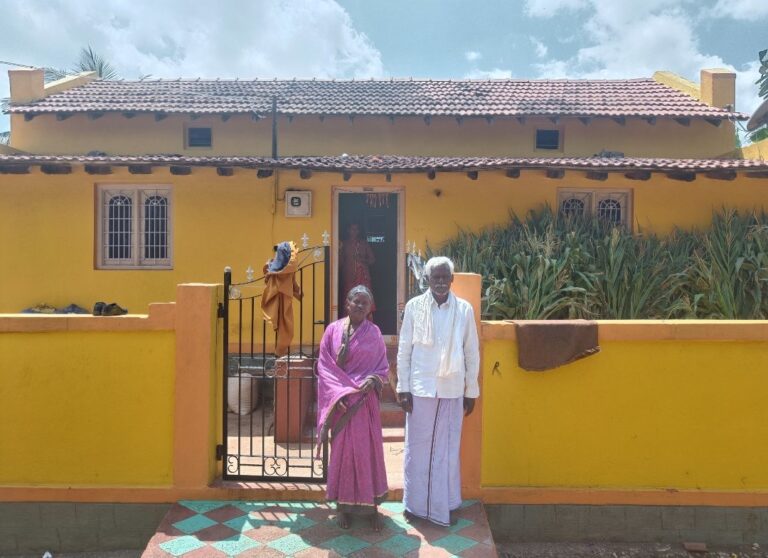
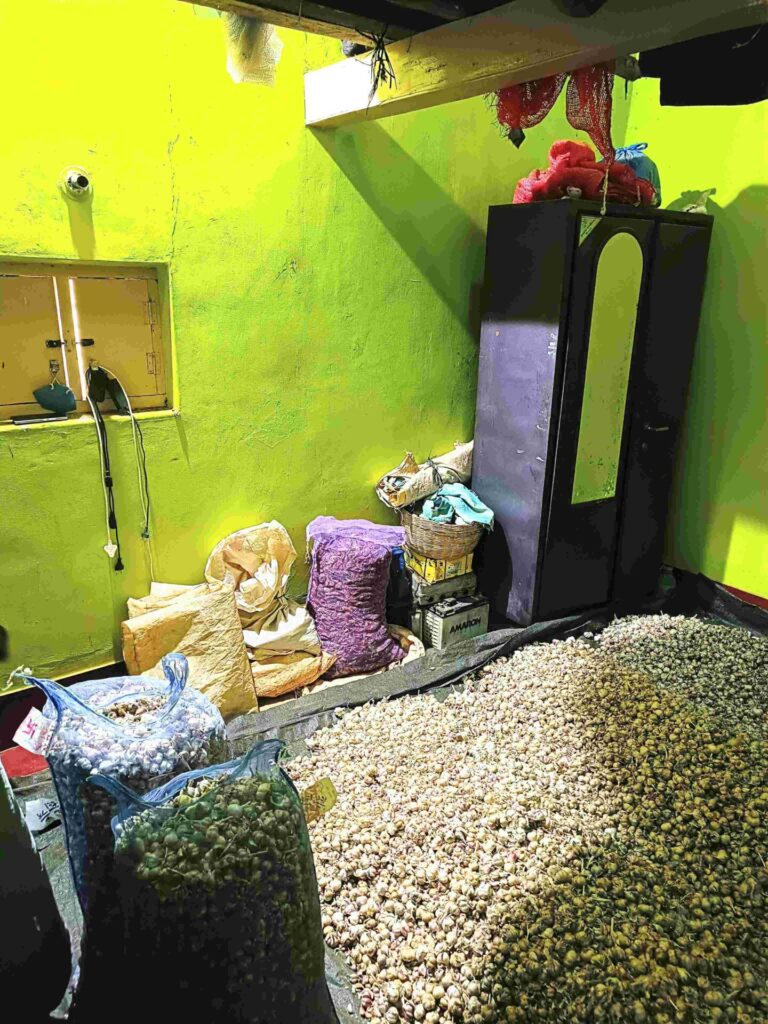
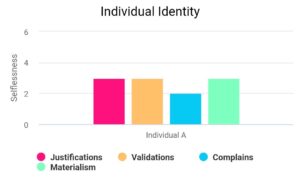
A classic rags to riches story. Also a nice take on a sensitive topic